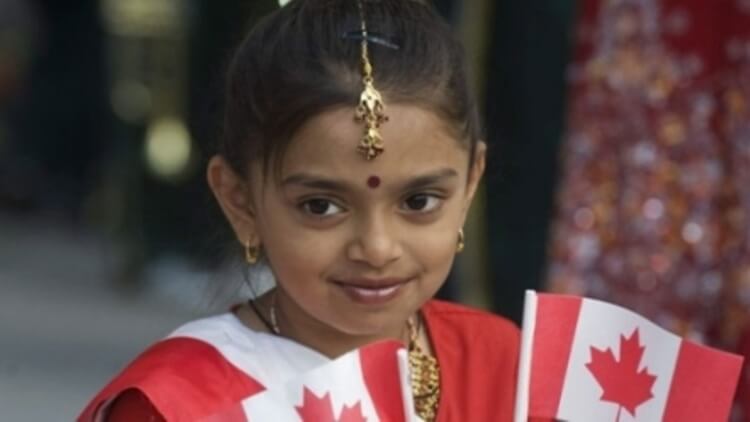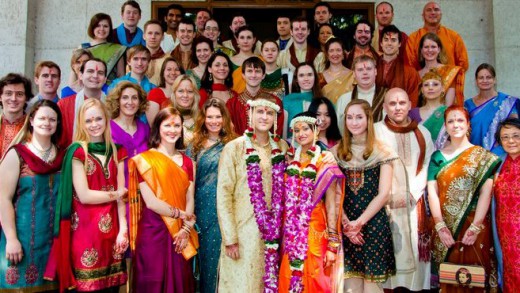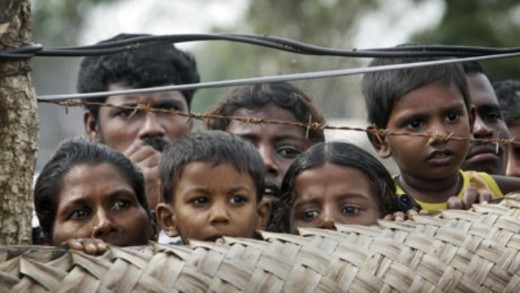There was once a Brahmin astrologer, Inkaraikudi, who lived in the southern part of Tamil Nadu. He was renowned for predicting the future of the people living in his hometown. He often looked up at the night sky and predicted the happenings of tomorrow just by looking at the stars. It was said that even sardars from Northern India would travel south to meet him and look into their future.
One day, the astrologer was walking through woods while scrutinizing the stars that were of a peculiar nature. Aghast, he fell into a deep well. A narikuravan (indigenous gypsy) who overheard the wailing of the astrologer jumped into the well to save him.
Let me digress. I’d like to talk about the Tamil diaspora. What does it mean to be Tamil? From Amarnath Amarasingam’s research paper, Sri Lankan Tamil identity appears to be heavily tied to the events of Black July, a tragedy that took place 33 years ago. The leaders and politics of Tamil organizations seem to revolve very much around the idea of creating an independent Tamil state in Sri Lanka.
Within the realm of the diaspora, people who suffered under these circumstances identify as Tamils. Yet Muslim Tamils, Burghers and Indian Tamils who share a common language, culture and value system seem to be omitted from this identity spectrum.
As a “transnational Tamil”, I have lived in various parts of the world. I have lived in Malaysia and Singapore, two nations with a Tamil identity that extends over two centuries – far longer than the Western Tamil diaspora. Both these nations have a Tamil identity that is somewhat of a mix of Sri Lankan and Indian Tamil, along with other South Indian ethnicities. Though accents and certain colloquialisms may vary between Indian and Sri Lankan Tamil, language forms the basis of the Tamil identity of these two nations.
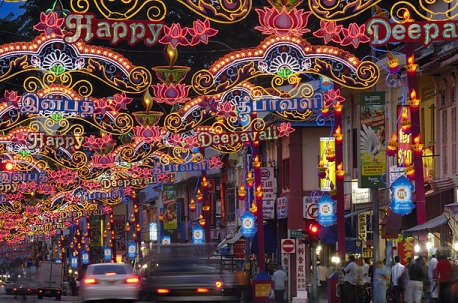
Yet despite being a small minority within these nations, Tamil language, culture and identity continue to thrive. Vibrant second language schools with a focus on Tamil literary competitions and debates, Tamil newspapers, television, movies and other entertainment outlets function to preserve the Tamil language and identity. One also has to note that this was strongly embedded before the arrival of Internet technology or affordable air travel we are fortunate to have now.
In Canada and elsewhere in the Western diaspora, Tamil identity is strongly tied to the concept of Eelam. Yet for how long will an expat Tamil and his generation of children who do not speak Tamil or have a Tamil life partner be proud of being Tamil – let alone be proud of a country that does not exist?
Tamil identity is tied to the Tamil language. Without language, Tamil will cease to be an ethnicity. How long will this identity last? With many young Tamils forgoing the language which forms the basis of Tamil identity, what will become of Tamil identity in the future with progressive Westernization?
Will the current Tamil diaspora eventually assimilate into the Canadian mainstream? What is the purpose of seeking an independent state in Sri Lanka while assimilating into the multicultural commune of Canada? Why are Tamils comfortable assimilating into a wealthier nation such as Canada while resisting the multiculturalism of Sri Lanka?
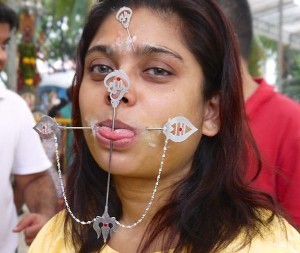
It is time that the Western Tamil diaspora reinforce their Tamil identity, just as their Tamil brethren in Southeast Asia. Unless language and identity are given a good grounding at home, we will lose our identities and betray the cause of an independent Tamil homeland.
Let me go back to the story now. After saving the astrologer, the narikuravan asked, “Swamy! Who are you?” The astrologer asked “You don’t know me? I am the famous astrologer who can prophesize tomorrow just by looking at the sky.” The narikuravan replied. “Great. Sometimes you have to look at the ground too.”
Related articles:
The Future of the Tamil Community
Why Don’t Tamils Speak Tamil?
Finding Tamil Identity

 Guest Contributor
Guest Contributor